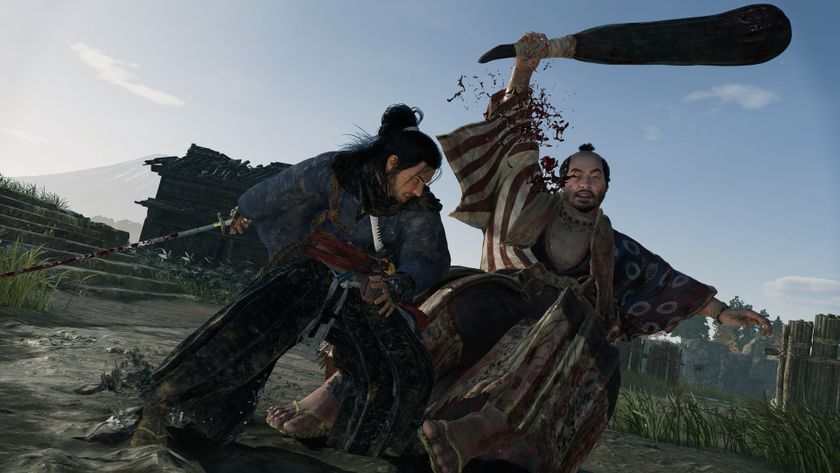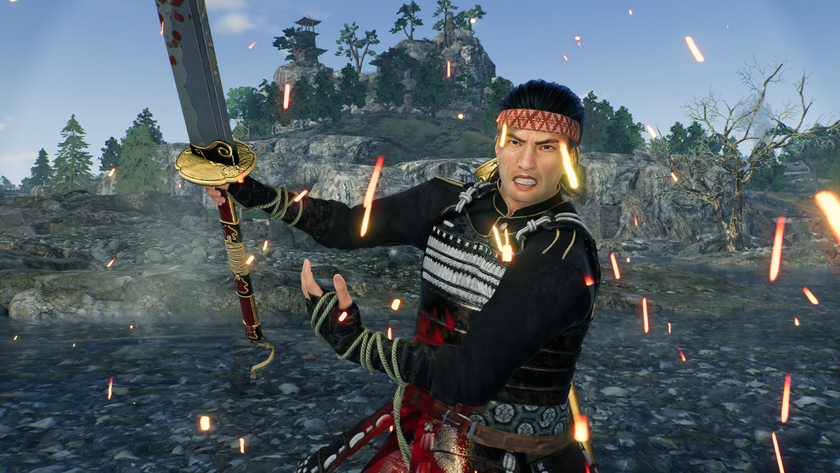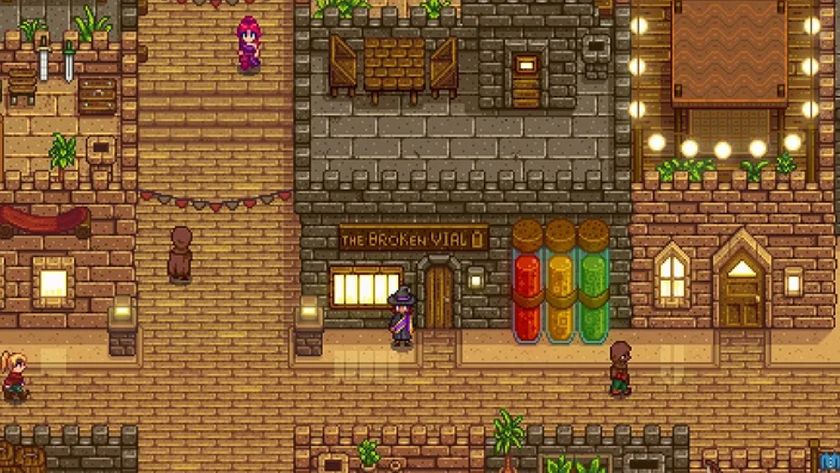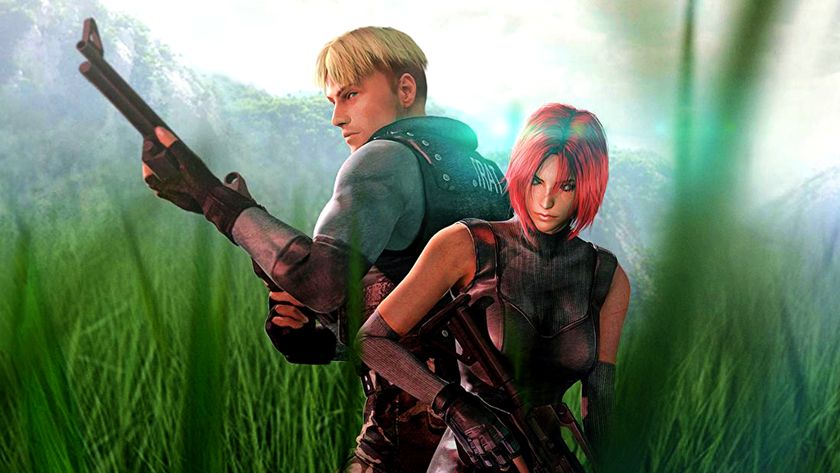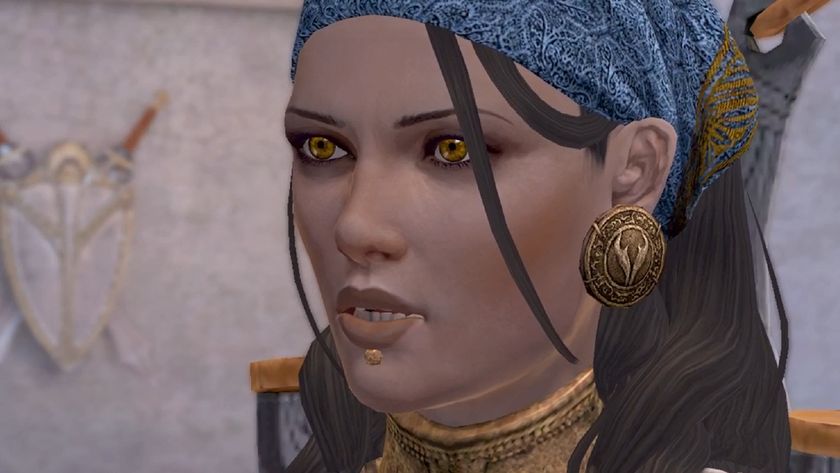Patently absurd
Who owns the gaming features you take for granted?
Patents establish legal ownership of an idea. It’s not just for bragging rights - it’s to stop other people profiting from something you claim to have invented. It’s a big deal in videogameland, not least because it keeps inventions in the hands of one publisher.
Games from other stables can use patented ideas, but they’ll have to pay the patent holder for a license. Thus, patents shape games hugely. If you’ve ever moaned that Generic Shooter X doesn’t contain the ghost-monkey-juggling element you thought was done so well in Run-Of-The-Mill Shooter V, it’s probably because some other publisher has laid a legalese-shrouded claim to it. Here are a few unsettling gems from the US Patent Office archives.
Patent number 6,200,138
“Game display method, moving direction indicating method, game apparatus and drive simulating apparatus”
What does it cover? Driving around a city with a big arrow showing you where to go. And there are characters wandering about the city, but you can’t kill ’em.
Who owns it? Sega, who used it for Crazy Taxi, and smacked down EA in 2003 for doing something remarkably similar in The Simpsons: Hit & Run (with a big green arrow replaced by a big yellow pointing hand).
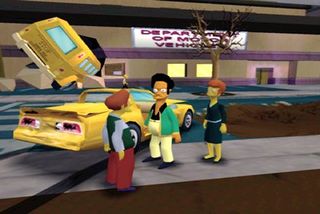
Patent number 6,275,213
“Tactile feedback man-machine interface device”
What does it cover? It’s nothing to do with hot robot sex, sadly. It’s everything to do with rumble and force feedback effects, now de rigueur in pads, joysticks and the like.
Sign up to the 12DOVE Newsletter
Weekly digests, tales from the communities you love, and more
Who owns it? Immersion, specialists in ‘haptic technology’ who even had a crack at a force feedback mouse a few years back. Rather more successfully, they forced Sony to pay up over $22m for using rumble tech in their PlayStation controllers.
Patent number 5,823,879
“Network gaming system”
What does it cover? It’s mostly about online blackjack, but the key bit is a ranking system - in other words, arranging players by means of ladders, setting them against each other as they compete to climb to the top.
Who owns it? One Sheldon F. Goldberg. He’s resisted going after the big guns of multiplayer matchmaking, but has been known to demand painful payments from small developers or publishers who couldn’t possibly afford a big legal battle, and so have to settle or agree to buy a license.

